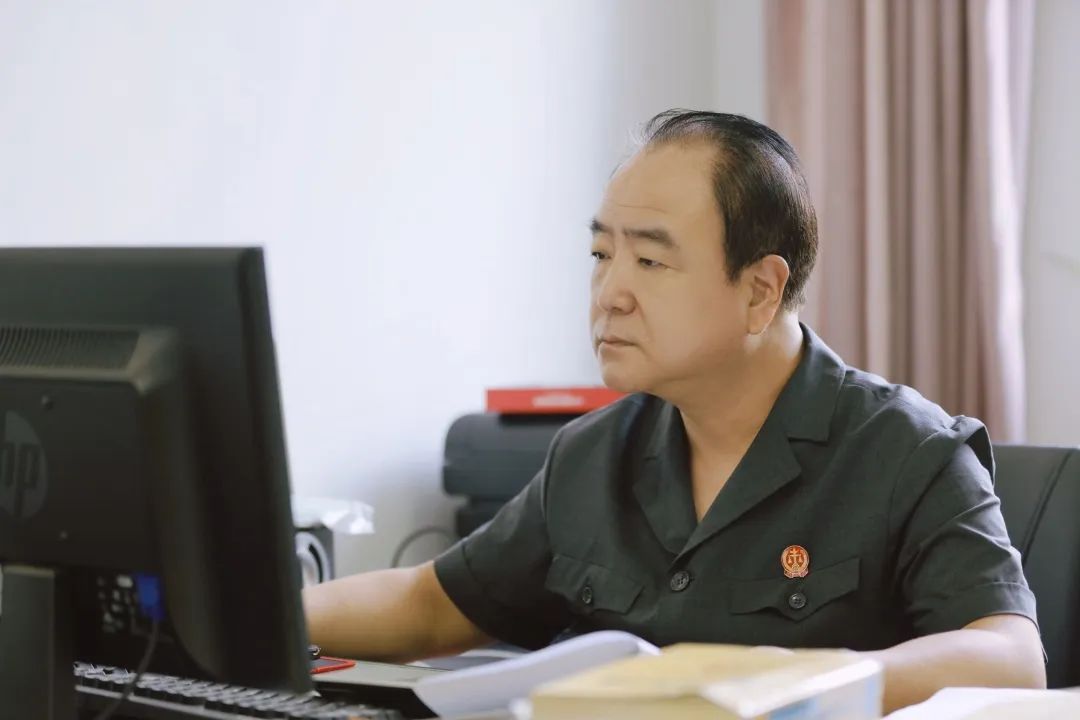Longyan: After consulting the real estate information to the agency, do I sign a contract with the landlord to "jump" with the landlord?
Author:Dragon rock Time:2022.09.05
After consulting the real estate information to the intermediary, he signed a contract with the landlord to buy a house on the grounds of the intermediary. What is going on? Let's take a look together!
Retrospective
In June 2020, Xiao Wan entrusted his real estate to the house intermediary for exclusive sales; in July of the same year, Xiao Dong contacted the intermediary to consult to learn about the location, area, down payment and other information of the property, and then consult the bank by phone. Loan interest rates, real estate transactions, and intermediary fees, and finally due to the high intermediary fee, the two parties failed to reach the transaction intention.
Later, Xiao Wan was anxious to sell the house. After learning that Xiao Dong was interested in buying a house, he contacted Xiao Dong and his wife Xiaoyan. After several communication and negotiations between the two parties, Xiaoyan and Xiao Wan signed a house sale agreement and handled taxes.
The intermediary company believes that Xiaodong and Xiaoyan bypassed the intermediary after understanding the situation of the house, and directly negotiated with the landlord Xiaowan to buy a house, forming a "jump order". Then he sued the two to the Wuping Court, asking Xiao Dong to pay the agency fee and related litigation costs with Xiaoyan.
Court trial
After the trial, the Wu Ping court believed that Xiao Dong did not reach an intermediary service agreement with him in the process of the real estate related situation involved in the intermediary; and Xiaoyan and the intermediary never contacted it, and did not reach an intermediary service agreement with him. The transaction of real estate does not provide relevant real estate transaction intermediary services including real estate price consultation, contract order, tax completion, and transfer procedures involved in the case.
In summary, the defendant Xiao Dong and Xiaoyan did not constitute a "jump order", and the court rejected the plaintiff's intermediary company's lawsuit. (The names in the text are all pseudonyms)
Judge
According to the relevant provisions of Article 965 of the Civil Code: "After receiving the service of the intermediary, the client uses the transaction opportunity or media service provided by the intermediary to bypass the intermediary to directly establish the contract, and shall to the intermediary to the intermediary, and the agency shall be the intermediary. Payment pay. "
Therefore, the definition of the "jump order" behavior can start from the following three aspects: first, see if the intermediary contract has taken effect and whether the intermediary provides transaction opportunities or media services according to the contract; second, the intermediary is after providing services to the client with services to the client. Whether the client uses the service provided by the intermediary (that is, no intermediary, it cannot reach the transaction); third, the client bypasses the intermediary to directly establish the contract.
In judicial practice, if the intermediary company only leads the parties to see the house, introduces the situation of houses, and predicts the cost of transaction costs. It is generally believed that the intermediary company voluntarily provides transaction information consulting to potential customers in order to obtain customer trust to reach a contract. In this case, during the consultation process, the defendant did not actually enjoy the convenient purchase service provided by the intermediary company, so he did not constitute a "jump order" breach of contract.
In the process of buying and selling the house, both of the buyers and sellers must not limit the right to choose the other party's free choice. After the civil entity is intended to establish the corresponding contract, both parties should abide by their commitments and fulfill their obligations, and they must not default at will. If the two parties signed an intermediary contract, the real estate agent provided corresponding services, and the corresponding remuneration should be obtained. If the intermediary fee is evaded, the "jump order" behavior will violate the law.
Correspondent Zhong Shaolong Zhang Tianqi
Editor -in -chief Li Darong
- END -
Guo Yongge, Judge of the Civil Trial Division of Beiguan District People's Court of Anyang City

Elephant News · Henan Radio and Television Rong Media Reporter Yu YanpengFalun: G...
During the crisis, we should work together to fight against the epidemic

——Ji'an People's Court supports the front -line resistance of the communityFacin...